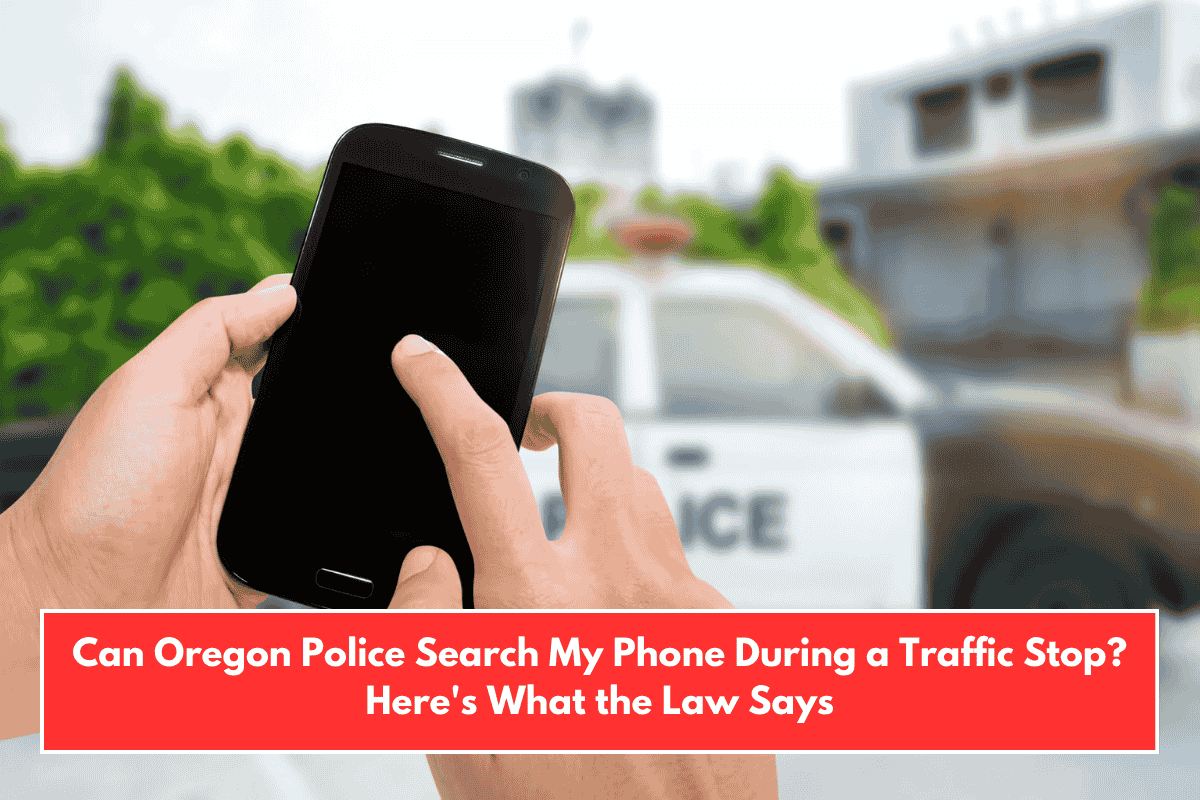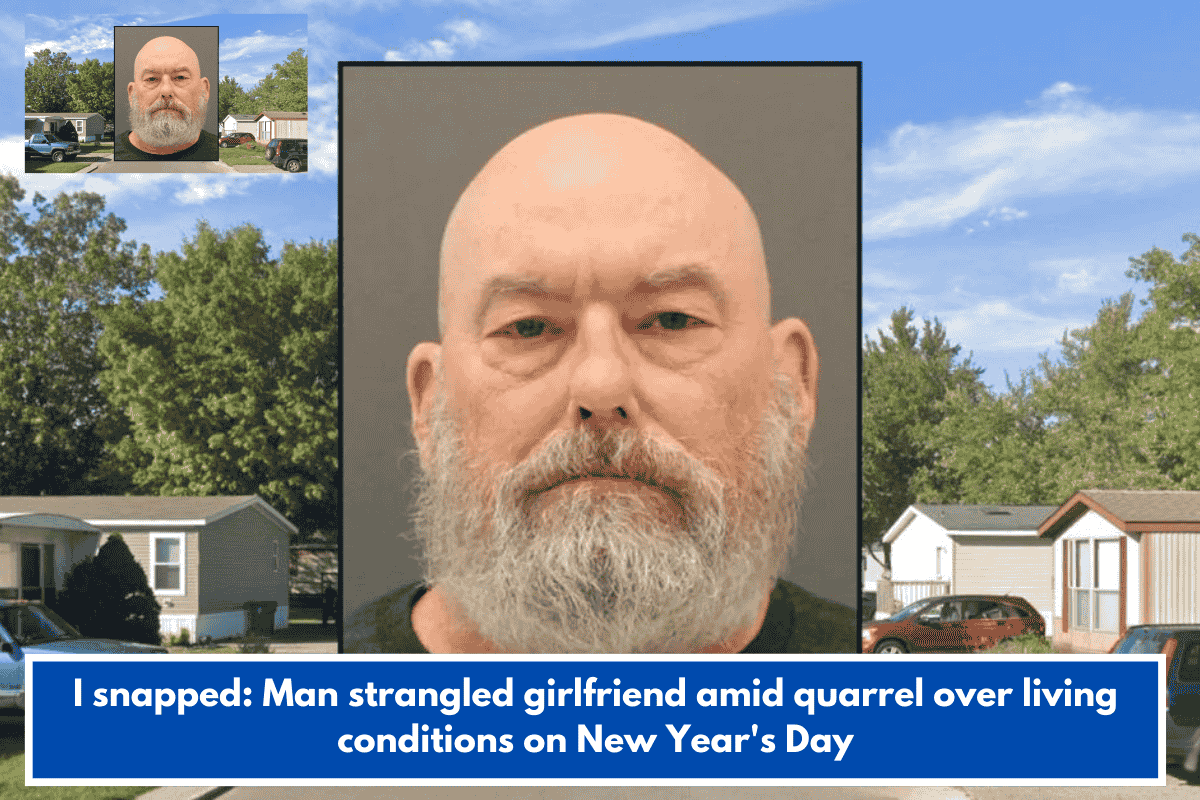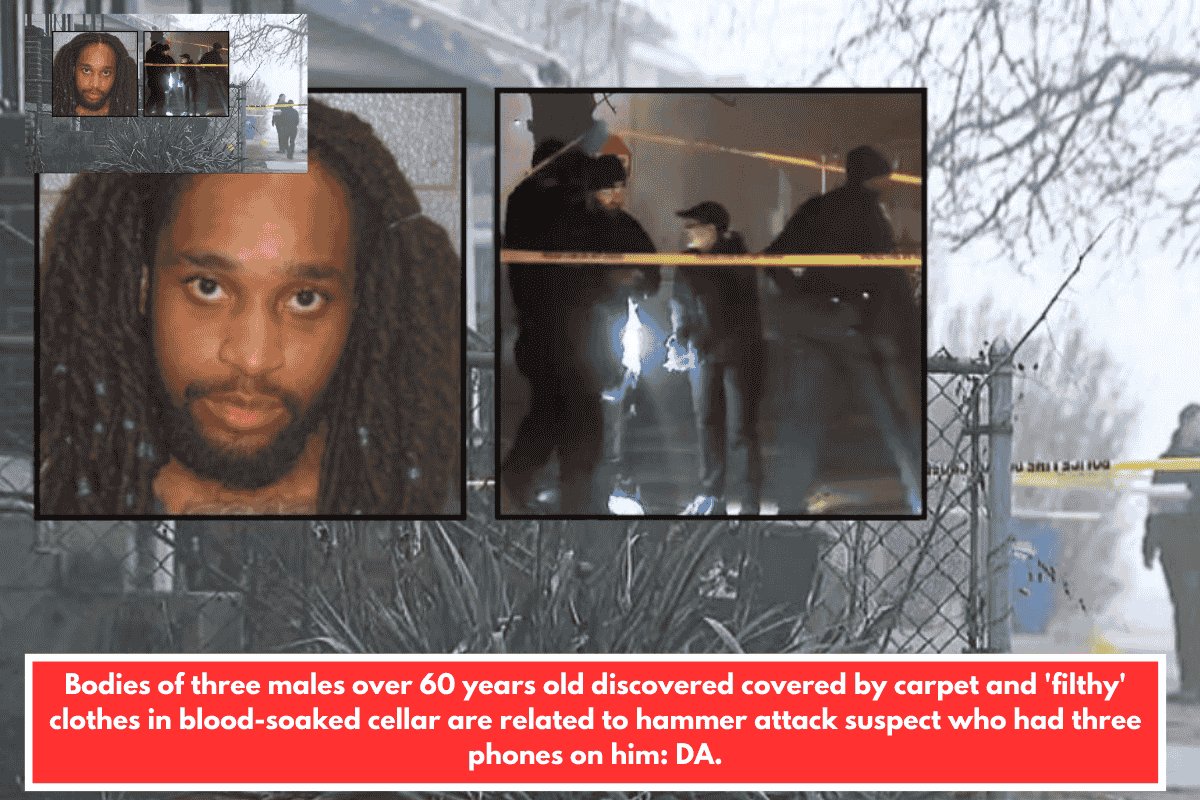- Police cannot search your phone during a traffic stop without your consent or a warrant. The U.S. Supreme Court decision in Riley v. California makes it clear that officers are not allowed to search the contents of a cell phone, even incident to arrest, unless they have a search warrant or you give explicit consent.
- You never have to consent to a search of your phone. You can politely refuse if asked.
Seizure vs. Search
- Seizure: If officers have probable cause to believe your phone contains evidence of a crime, they may seize (take) your phone to prevent destruction of evidence, but they still cannot search its contents without a warrant unless there are exigent circumstances.
- Search: To actually access data on your phone, police must obtain a search warrant from a judge, unless you give them permission or there is a true emergency (exigent circumstances).
During Routine Traffic Stops
- Routine Stops: For minor traffic violations (e.g., speeding, broken taillight), police do not have the authority to search your phone or your person unless you are arrested or there is probable cause of another crime.
- Oregon Law Provides Extra Protection: The Oregon Constitution offers even stronger protections against searches and seizures than federal law, making it even less likely that a warrantless phone search would be legal during a routine stop.
Exceptions
- Consent: If you say yes, police can search your phone.
- Probable Cause & Exigent Circumstances: In rare cases, if police believe evidence on your phone is about to be destroyed or there is an immediate threat to safety, they may conduct a limited search without a warrant2.
- Incident to Arrest: Even if you are arrested, police still need a warrant to search your phone’s contents2.
What Should You Do?
- Do not consent if you do not want your phone searched.
- Clearly state you do not consent to any search of your phone or belongings.
- Ask if you are free to go if the stop seems to be extending beyond the original traffic violation.
Oregon police cannot search your phone during a traffic stop unless you give consent, they have a warrant, or there are rare emergency circumstances. The law provides strong privacy protections for your digital devices.














